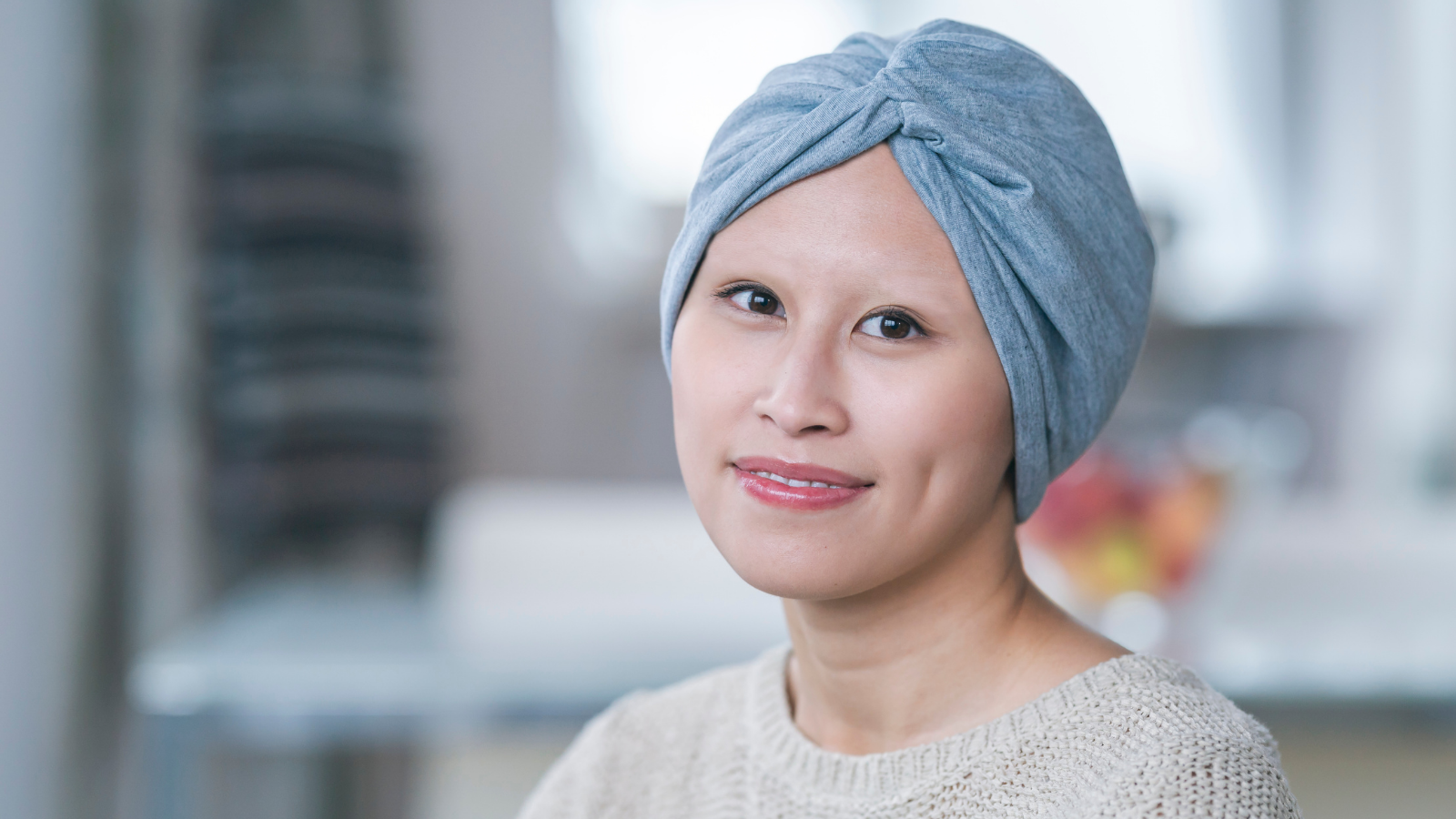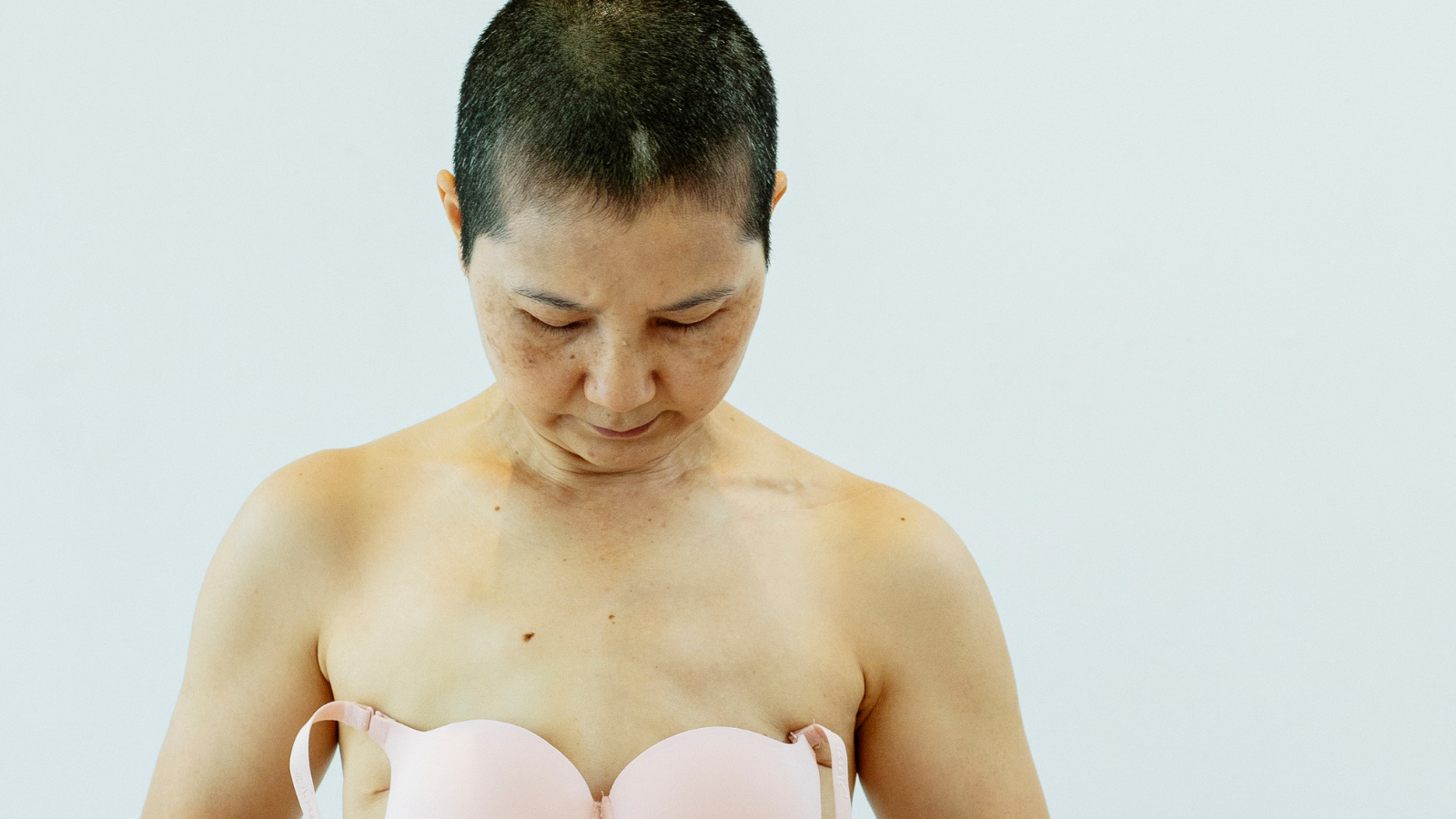
The many emotions of cancer
Fighting cancer is an extremely challenging experience – both physically and mentally. Individuals who have cancer often experience anxiety, depression, fatigue and despair. During treatment, a whole other set of emotions are experienced. But what about the emotions and feelings experienced after treatment? Here, we’ll take a look at the psychological impact of cancer recovery and how to move forward emotionally.
Common emotions after cancer treatment and during recovery
Even after recovery, individuals can experience a whole range of emotions. Unsurprisingly, many will feel a sense of relief now that they have completed their treatment, which has helped them, and are on the path to recovery. Some may also feel a sense of worry. Unfortunately, there is the chance that cancer can come back, and this can cause worry and even anxiety.
Some of the more surprising emotions might include anger and guilt, for example. Some individuals may feel angry that any of this happened to them in the first place, and that they have lost valuable time in life. Some may experience a sense of guilt for a multitude of reasons: they may experience this because they survived cancer and others do not, or because of the worry or stress they feel they have caused their loved ones.
In this way, the psychological impact of cancer continues beyond treatment and into recovery.
Understanding the link between thoughts and emotions
One very helpful thing to understand and remember is the link between thoughts and emotions: thoughts give rise to our emotions and can thus impact our moods. We can have both automatic and conscious thoughts. Sometimes we’re unaware that we have a certain thought, but it can give rise to an emotion that we definitely feel. An example of this is what we call ‘limiting beliefs.’ They are beliefs about ourselves that we often acquire in our childhood, and we might be aware of them or not. They include beliefs like:
- I am unworthy
- I am at risk
- I am weak
- I am not good enough
Some of these limiting beliefs can manifest in different ways throughout the cancer journey, including recovery. Identifying these thoughts and assessing the validity of them can be very helpful in managing emotions.
Sometimes limiting beliefs can lead to negative thinking patterns. For example, someone believes “I am at risk,” which results in the dysfunctional need of “I need to be in control” as well as perceiving things that aren’t a risk as a risk, which in a way creates a feedback loop and a negative thinking pattern.
Tips to manage emotions during cancer recovery
Thoughts and feelings exercise
Think about some common emotions that you have been experiencing during your recovery. Next, try to identify triggers that lead to these emotions. When do these emotions arise? Are there any specific thoughts that cause them?
Understanding triggers and thoughts behind emotions is a great first step to being able to manage them better. Go a step further and try to assess the validity of the thoughts that lead to emotions.
Stress management strategies
Some stress is normal, and even adaptive. Stress helps us get out of situations that could potentially be harmful for us. We as humans experience stress differently now than we did hundreds or thousands of years ago. We do not experience the same stressors and sometimes perceive things as harmful or risky, triggering a stress response, that aren’t truly harmful or risky.
Try and identify where the stress is coming from and if it is normal or adaptive. If it isn’t, have some coping strategies ready that you can employ when you start to experience stress.
One example of a coping strategy for stress is what we call the ‘calm place’ activity. It helps you to regulate your emotions. This is a good activity you can do with yourself when you feel triggers starting to come up, or even before bed when the racing thoughts start. You first need to determine what your ‘calm place’. Here’s what to do:
- Close your eyes
- Think of a time in your life when you were really content. Pick a time when you were by yourself or doing something on your own.
- Imagine yourself in this situation in a lot of detail. Picture looking at yourself in the eyes. Think about how it felt, what it looked like, what you were wearing, what the temperature was, etc.
When you start to feel stressed, you can imagine yourself in your calm place, and feel your distress level go down. Think about the image in detail and really picture yourself there and take some deep breaths to reduce that distress level. This is a great way to ground yourself and cognitively gain some control of your emotions.
Other coping strategies include:
- Good nutrition
- Gentle and regular physical activity (A 10 min walk outside can be enough!)
- Challenging and re-framing unhelpful thoughts
- Doing things that you love and enjoy
- Practicing self-compassion – (ditching the “shoulds”)
- Spending time with the people you love and have fun with
- Meditation, Massage, Journaling, Music
The importance of social supports
As humans, we are already very social beings that rely on our social connections. Our social connectivity is one of the major reasons we have been able to evolve and grow the way we have. During challenging times, social support becomes even more important.
Our need for social support doesn’t go away after treatment, it is just as important during recovery. This is not always easy, however, and there can be barriers that get in the way of having adequate support. Some of these barriers include:
- Difficulty expressing emotions or one’s need for support
- Feelings of unworthiness or guilt
- A desire to be independent and self-sufficient
- Physical barriers like distance
- Time and scheduling
- A global pandemic
Evaluate some of your own barriers and consider how you might be able to overcome them to ensure that you have the support you need. Everyone is different and will require support in different ways.
Shift Psych provides structured and directed therapy to individuals looking to improve their wellbeing and optimize their lives. Shift believes in proactive psychology and their therapy aims to target the root of individuals’ presenting concerns so they can move past their barriers and live their ideal realities.




